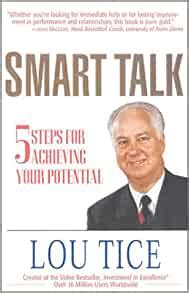A Quote by Bob Nelson
It is always easier - and usually far more effective - to focus on changing your behavior than on changing the behavior of others.
Related Quotes
True doctrine, understood, changes attitudes and behavior. The study of the doctrines of the gospel will improve behavior quicker than a study of behavior will improve behavior. Preoccupation with unworthy behavior can lead to unworthy behavior. That is why we stress so forcefully the study of the doctrines of the gospel.


































